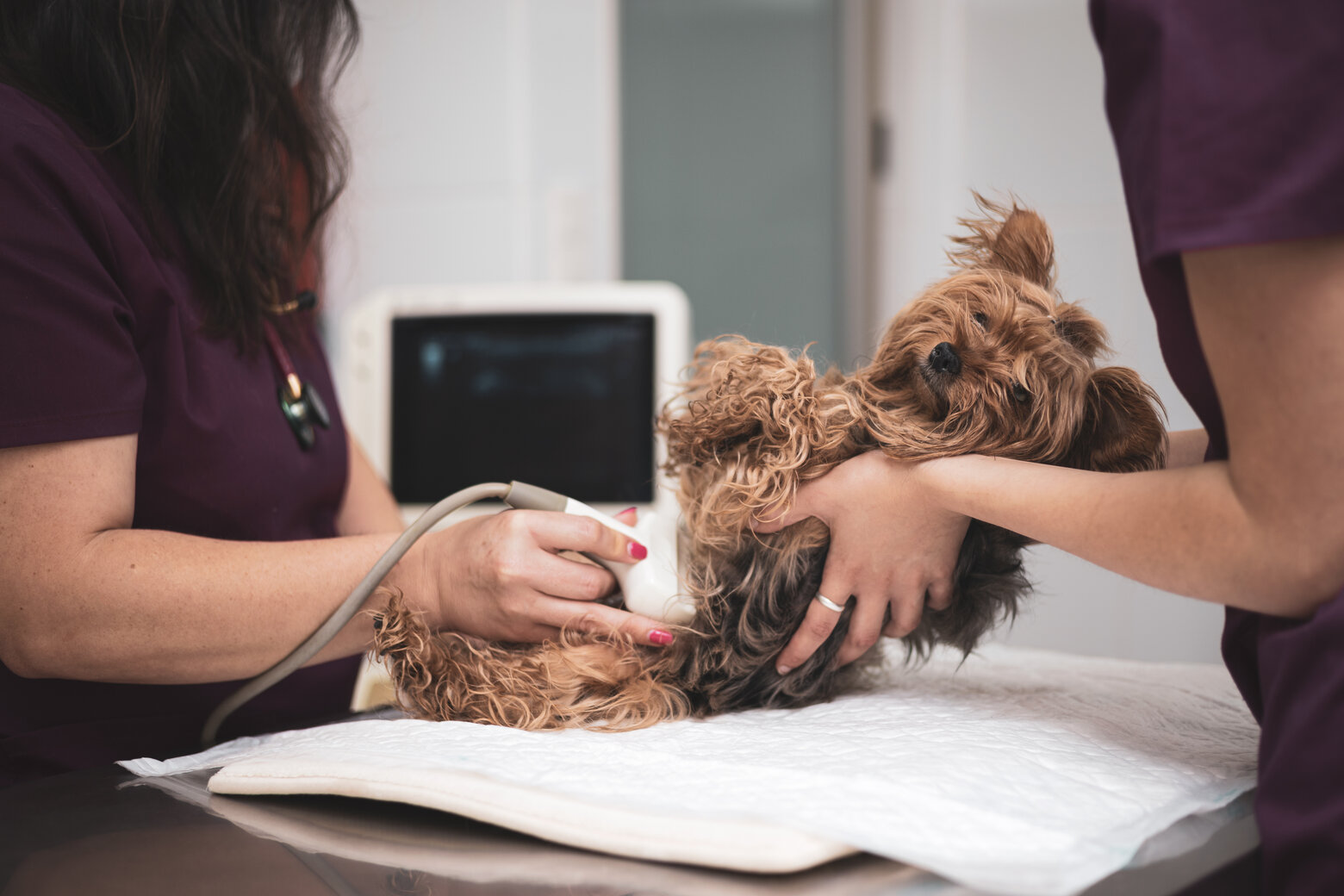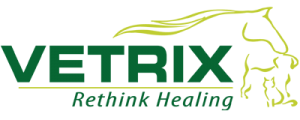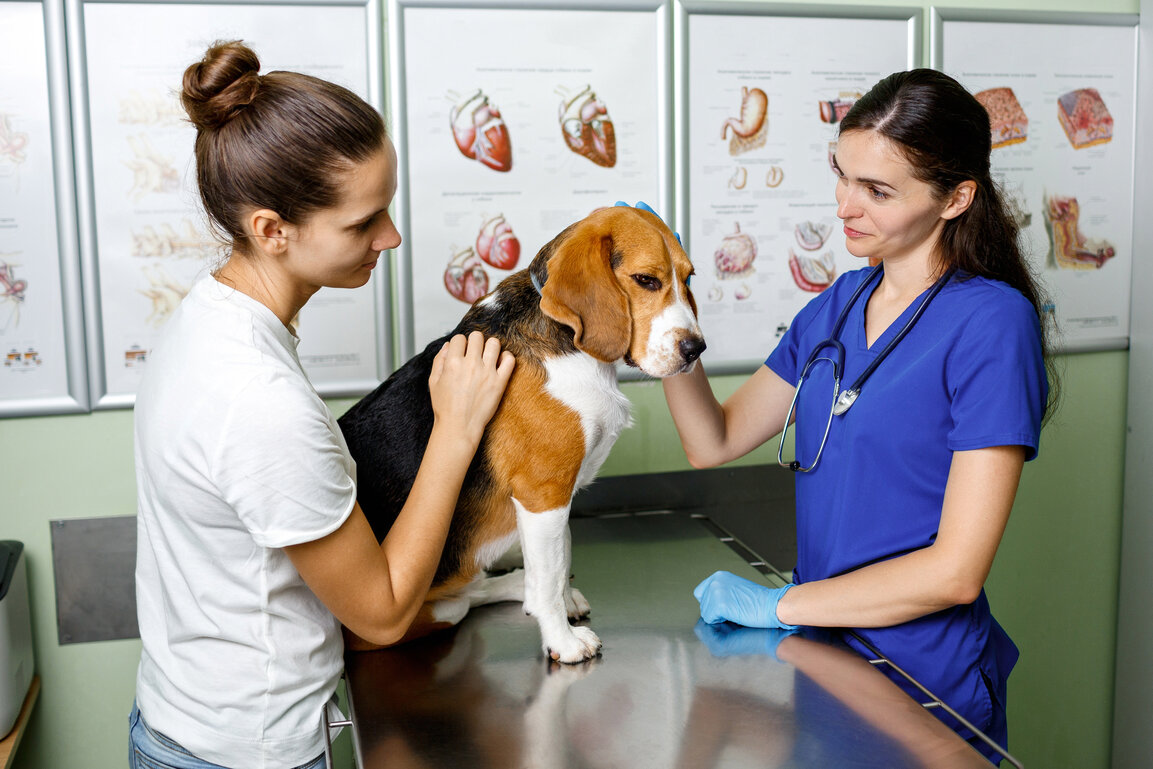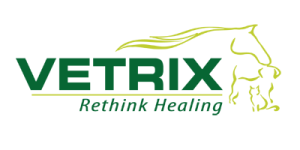 Your furbaby needs gastrointestinal surgery, and you have all kinds of questions. We’re here to discuss how you can prepare and what you need to know.
Your furbaby needs gastrointestinal surgery, and you have all kinds of questions. We’re here to discuss how you can prepare and what you need to know.
What Is Gastrointestinal Surgery?
Gastrointestinal surgery is an umbrella term for any surgery involving the stomach or intestines. There are numerous reasons a pet may need gastrointestinal surgery, ranging from blockages and biopsies to twisting stomachs or tumor removals. The exact nature of the gastrointestinal surgery depends on the animal’s individual needs and whether the surgery is planned or performed as an emergency.
How Much Does Gastrointestinal Surgery Cost?
Again, it varies. The cost of gastrointestinal surgery will depend on the following:
- Type of surgery performed
- Size of the pet
- Severity of the condition
- Time your pet needs to be hospitalized before and after surgery
On average, pet parents should expect a bill anywhere from $2,000 to $10,000. To help you balance the care and cost of gastrointestinal surgery, ask your veterinary team for a cost estimate before the procedure.
Balancing Care and Cost for Vets and Pet Owners
A veterinary surgeon’s primary concern when a pet needs gastrointestinal surgery isn’t money. It’s helping the patient get better and live a comfortable, happy life. Be bold and ask questions or express concerns. While we must submit payment for services rendered, an excellent veterinary office is committed to:
- Explaining any gastrointestinal procedure your pet may need
- The process and what to expect
- Providing a cost estimate
- Follow-up and at-home care
Many veterinary offices will work with you to establish a payment plan if necessary. They can also often provide information about pet insurance that will likely cover some gastrointestinal surgery costs. In addition to working out the cost (and payment plan if needed), your vet should also work with you to ensure you understand aftercare instructions while your pet is recovering.
Some things your vet may tell you to do after your pet has had gastrointestinal surgery and finished its hospital stay include:
- Monitor your pet closely and keep them calm to prevent tearing of sutures
- Keep your pet’s cone on so they can’t lick or chew their incision as it heals
- Feed your pet small amounts of bland food and plenty of water as they slowly transition back to their regular diet
- Administer pain medication as instructed
Gastrointestinal surgeries are often a lifesaving intervention. As a patient, working with a vet dedicated to balancing care and cost makes a big difference in delivering as positive and stress-free of an experience as possible. As a vet, the ability to confidently deliver as positive of an experience as possible relies on your dedication to staying up-to-date on the medicine and technology available to you to help you perform your job to the best of your ability.
For more information on gastrointestinal problems, surgery, and solutions (for both pet parents and veterinarians) we think you’d be interested in reading more here: How Regenerative Medicine Can Help with Gastrointestinal Problems and Surgery.
*Note: The advice provided in this post is intended for informational purposes and does not constitute medical advice regarding pets. Please make an appointment with your vet for an accurate diagnosis, treatment plan, and cost assessment of your pet’s condition.


